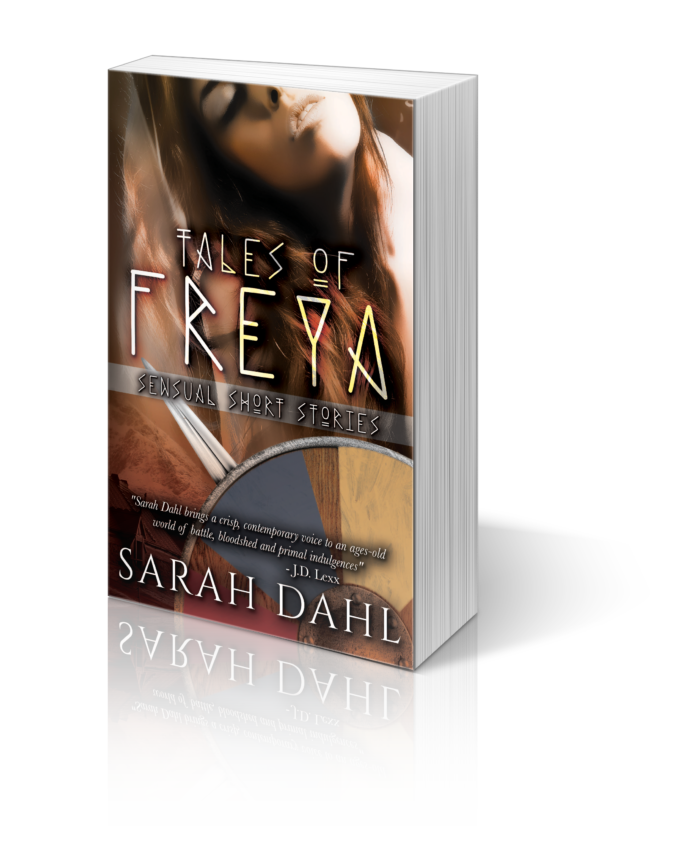The power of emotions: what makes a “good” story?
Feelings trump logic — storytelling as taught by dreams 
Sometimes we wake up after a good sleep and feel “impacted”. We regain full consciousness and our brain reminds us where we are and what lies ahead — but what lingers is a feeling of how the night has left us after a dream, which is, after all, a story. Often a crazy story, a crude and illogical one. Badly executed by our brain. And still: some strange sensations or images stick in our head, long after we got up and started with our daily chores. They left an impression, an emotional impression. I bet the story-details will fade quickly, whereas something else impacts us, stays around all day, and even returns the next night:
The emotion we were left with.
Images and details of almost every dream fall apart and disappear, but the emotion it stirred can stay for so long that it’s sometimes eerie. These feelings can arise again the next night when I lie down, resurface with the same impact it had on me when I woke up that morning. Nice when the dream was lovely. Bad when it was a nightmare. I often only remember snippets, sensory details or images, but rarely “a plot”.
And still I’m left with its emotion ALL DAY. Same with good stories I consume.
So whatever story our brain made up while we were asleep, the well-crafted storyline or plot is nothing against the emotion it causes. The emotion overpowers the rest and stays around for MUCH longer than the details of scenery, speech or action. We are emotional beings and impacted much more by feelings than by logic or the beauty of twists and turns. They are nice and helpful and necessary for the journey itself, but they don’t stick as long as the feelings we are left with. Be it a dream-story or book-story.
I forget most of the plot and details of a book as soon as I close it, in most cases. But what stays with me when a book (or a dream) was “impressive” is something fuzzy you can’t exactly pinpoint (just that a dream’s plot and characters are crude and crazy and totally devoid of logic or “arcs” we so enjoy in proper stories).
We often cannot give a detailed report on what exactly the dream was about (and I couldn’t recall the plot of most books, neither, I really forget that quickly…) and how and why it took the turns it took. Because a story is the emotions it causes, it’s the emotional impact which is prominent, sometimes all day long, and into the next night, when we lie down again to start a new book or dream a new dream. Then the emotions of the last dream re-surface once again. I smile and feel good or I cringe at the memory. But it’s not a logical memory, I couldn’t recall a dream’s exact story if I wanted to. It’s just the feeling that haunts me.
I always thought this is why dreams aren’t stories.
But no.
Emotional dreams teach us something about storytelling.
So I take it as a lesson to the creators and consumers of stories of all kinds: whether you’re writing stories, reading them, or watching them — emotion is key. If the emotion is right, the story will stay. Then we say that a book, film (or dream!) was “good”, despite a storyline we didn’t understand or quickly forgot!
The emotion it causes makes a story stay with us, for a short or longer moment.
As a reader and dreamer, I seek these emotions.
As a writer, I try to create them for others.
But do we remember all the other details? Rarely, they are nice and necessary for the journey, but the true impact is due to the feelings a story causes us.
So writers, try to remember: get the emotions right. You’ll be very close to a good story then. Make it matter, make it impact your readers. The details will soon be forgotten, but the ghost of emotion she’s left with will hopefully stick with the reader for longer.
Then the storyteller has succeeded.
I’d like to hear about your thoughts on this. What kind of stories — in dreams, books, films… — impact you most and why? What is the power of emotion that overrules logic and craft sometimes? Please do comment below!





Comments (0)